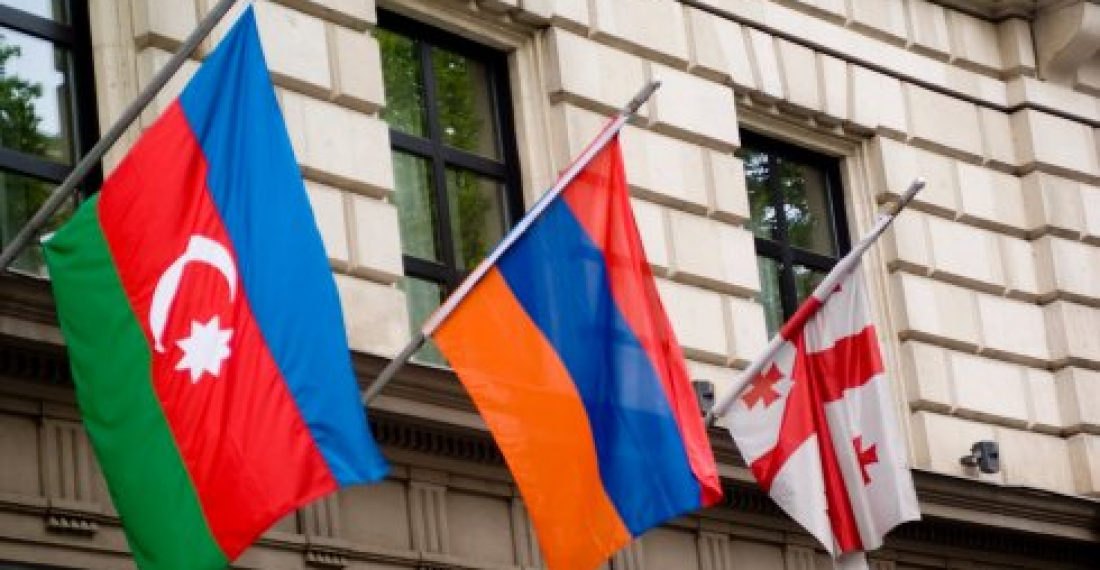Trilateral regional co-operation in the South Caucasus needs to be pursued, even though it is difficult to achieve
This is an editorial comment by the editorial team of commonspace.eu
One of the consequences of the collapse of the Soviet Union in 1991 was the halt to any sort of regional co-operation in the South Caucasus. The Soviet system promoted "internationalism", yet it did not go out of its way to promote co-operation between the three Union republics in what was then called the Transcaucasus. But at least a semblance of co-operation existed, and there were at least some of the benefits of being in a common state.. Independence brought with it increased rivalry, and even conflict. The Nagorno-Karabakh conflict remains the biggest obstacle for any co-operation between Armenia and Azerbaijan, not surprisingly since technically the two countries remain at war with each other, and the cease fire that was meant to stop the violence is broken on a daily basis.
Georgia has on and off tried to initiate regional co-operation, but overall it has preferred to develop relations bilaterally with its two neighbours, leaving trilateral co-operation for another day. Yet the geography and demography, not to mention the history and the culture offer the basis for a much higher level of regional co-operation, and many challenges can be dealt with much more effectively if approached with a regional perspective.
There is now a further new dynamic which is likely to come into play over the next years, namely the new and increased presence of the European Union in the region. Georgia is now an associate member of the European Union. Armenia has already concluded discussions on a new comprehensive partnership treaty. Azerbaijan started negotiations on a similar document this year, and this week it was reported that progress has been registered in the discussions.
This new legal framework can potentially offer many useful opportunities. It is true that it is likely that the three agreements will end up looking considerably different from each other. But it is equally true that there will be many common elements which may provide a good platform for collaborative trilateral action. This is therefore an opportunity not to be missed. In the present circumstances achieving agreement on any form of trilateral regional co-operation is difficult, but it is not impossible. It is important to examine the priorities of the three government and begin with those issues that are important for all. Some good work has already been done at the level of civil society, and this needs to be nurtured and expanded. Work with governments will inevitably always be more difficult and complicated, yet every positive step in building regional co-operation that can be achied will also be a confidence-building measure that contributes to the resolution of the Nagorno-Karabakh conflict. This work will take time, but patience and perseverance will ultimately yield success.
This is an editorial comment by the editorial team of commonspace.eu






